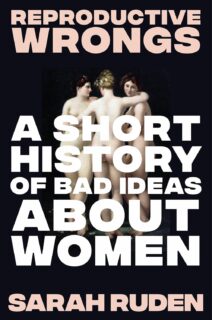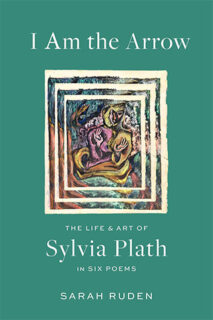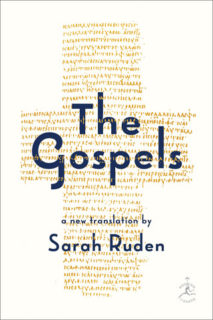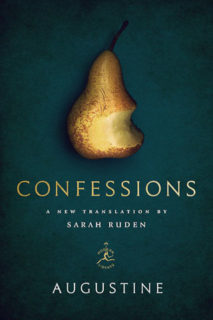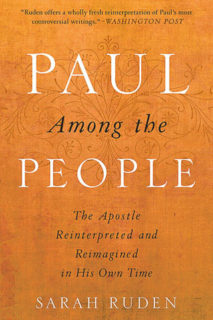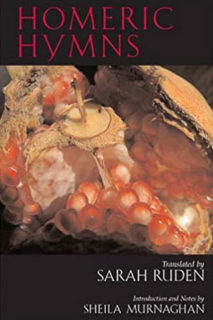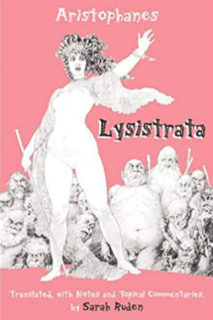Perpetua
The Woman, the Martyr
An intimate and human portrait of Perpetua, a third-century woman author who was idealized as a Christian martyr
On March 7, 203, in the monumental amphitheater at Carthage, Vibia Perpetua was one of five Christians who met their deaths after refusing to venerate the Roman emperor Septimius Severus and his son. Perpetua stood out from the other four, and in fact from all the other martyrs of her era and before: she was an aristocratic married woman with an infant son, and she is the first female prose author whose work survives.
Offering a probing new translation of Perpetua’s extraordinary prison diary and situating the life behind that diary within the turbulent late Roman Empire, Sarah Ruden tells the story of Perpetua’s remarkable feat of self‑invention as a martyr. As she builds on Perpetua’s own words and integrates them into their religious and historical contexts, Ruden shines a light on Perpetua’s disarming candidness, her brashness, and her naïvété. In contrast to traditional portrayals of the saint as a brave but submissive young woman, Ruden’s narrative reveals a complex individual who flaunts a vivid public persona as a martyr while at the same time navigating the emotions of a mother, daughter, sister, and friend approaching death.
“[Ruden’s] fresh, engaging translation of the Perpetua dossier captures the nuances of the Latin with remarkable skill. She has an eye for fine but crucial distinctions of meaning. It is a pleasure to read something with such a sensitive guide.” – Wall Street Journal
“Sarah Ruden does justice to Perpetua’s remarkable prison diary in a way that few writers could. Ruden is one of our outstanding translators of ancient literature, and this lively and fascinating study draws on a rich understanding of Perpetua’s imaginative landscape.”—Kate Cooper, author of Queens of a Fallen World
“Close reading of a martyr’s tale… A worthy addition to scholarship.”—Kirkus Reviews
“As a palimpsest of human limitations, heroic legends can be depressing. But even granting the extent to which Perpetua was a prisoner both of dreams about what women could overcome and of all the things that prevented women from overcoming them, I draw a surprising elation from her account of herself and others’ accounts of her. She was too much alive, too vivid to become entirely the vehicle of a cause, even a cause of her own choosing, and she sustained her individuality even as she shot toward the end of her life.”

